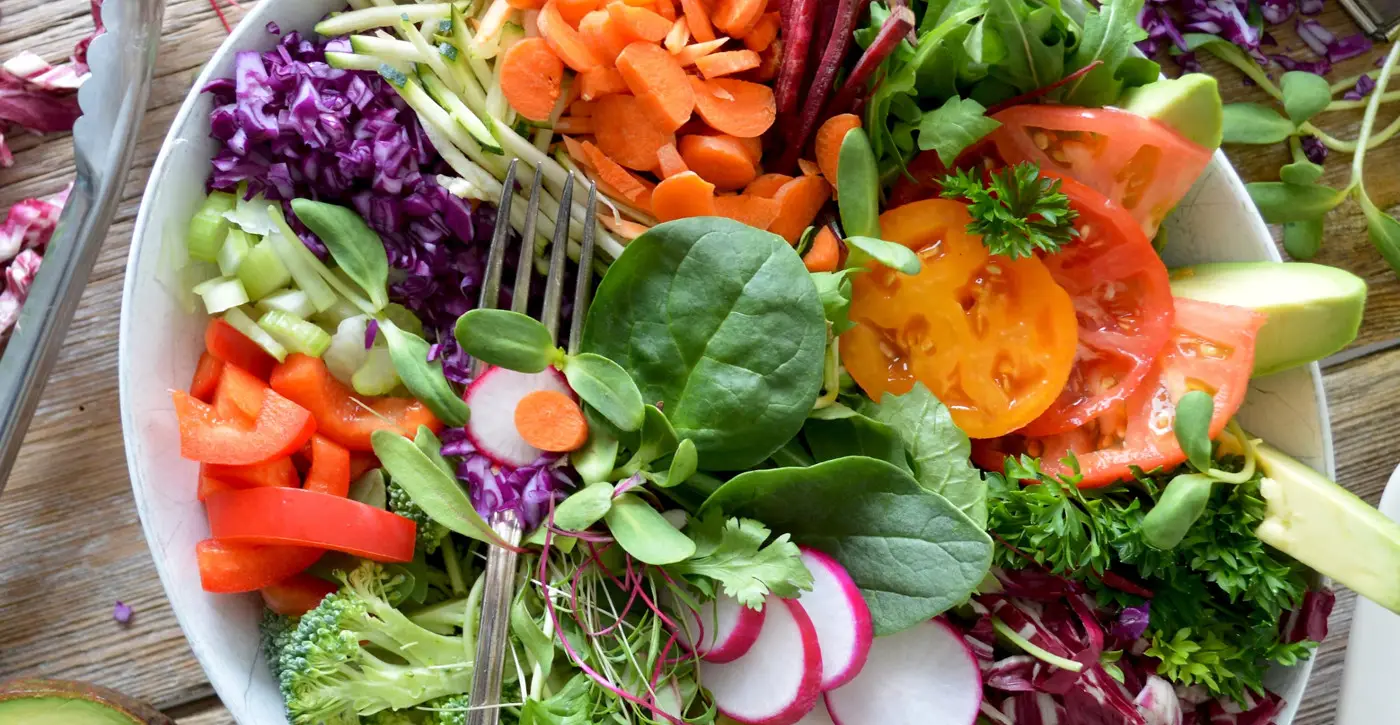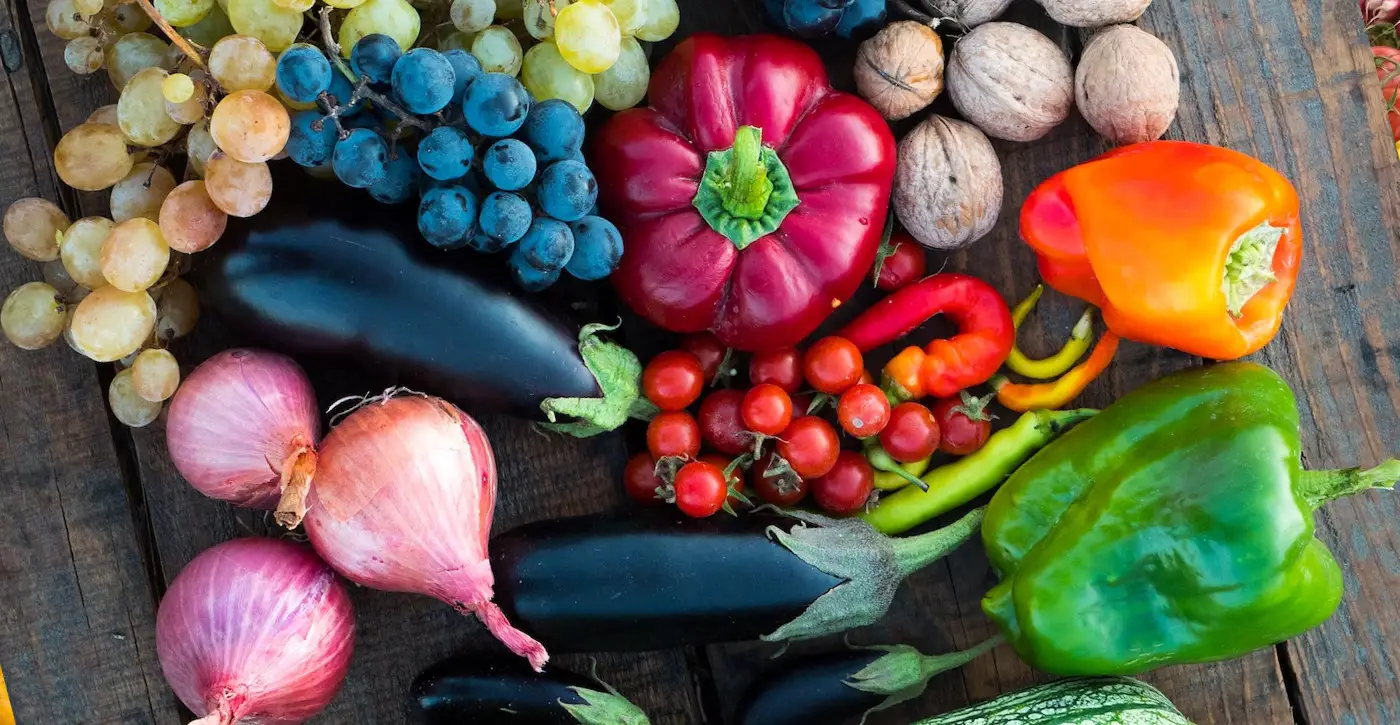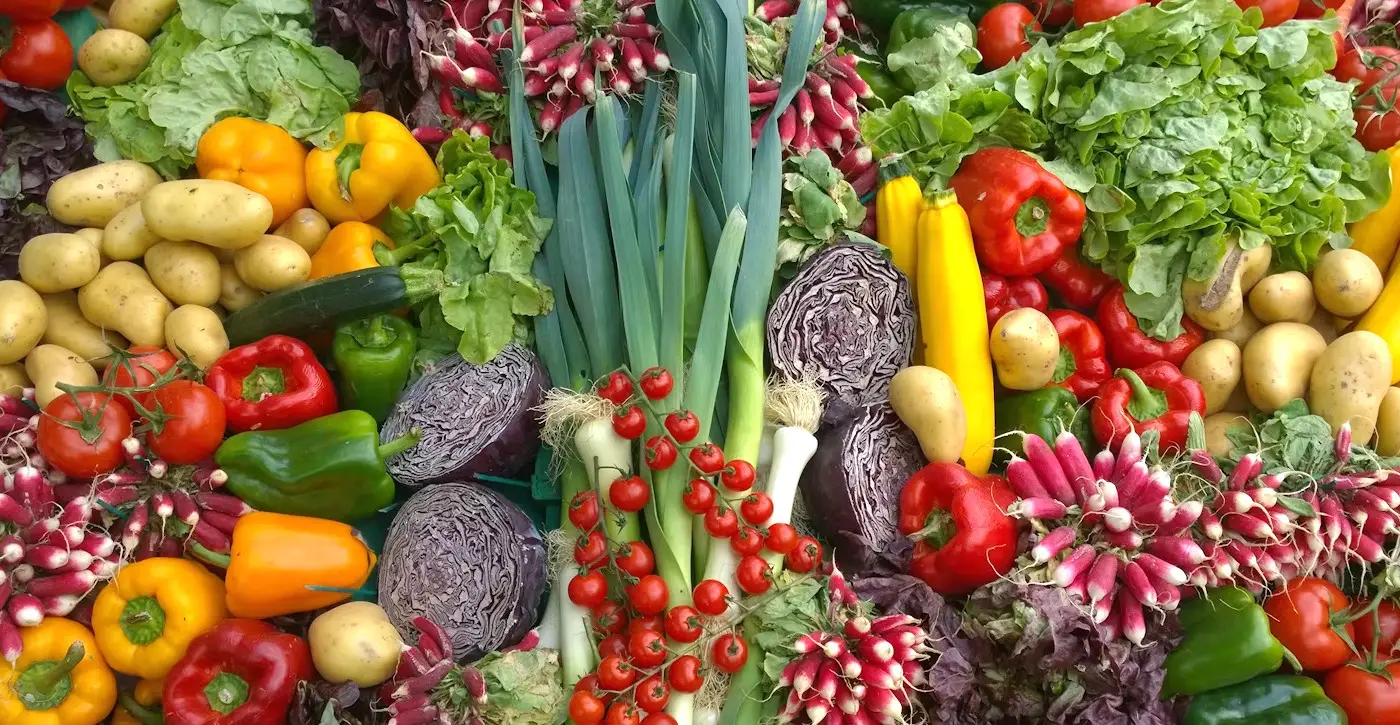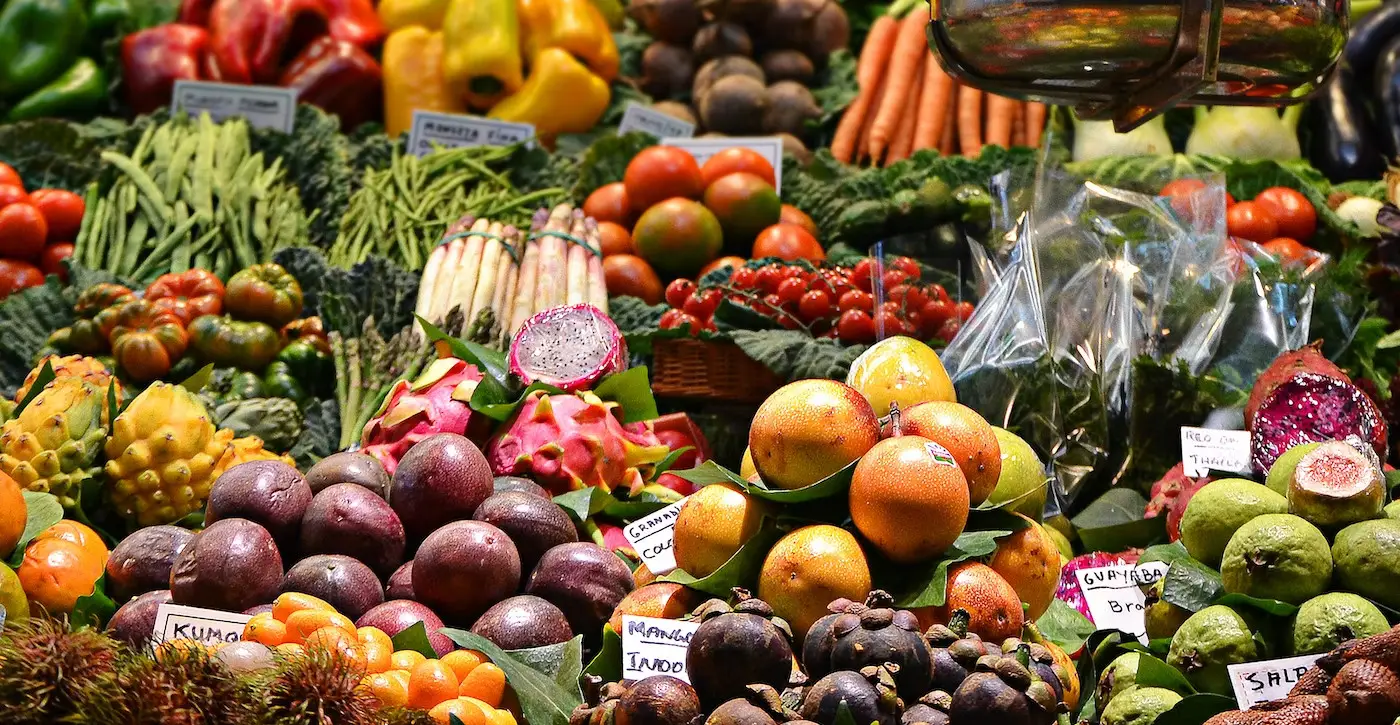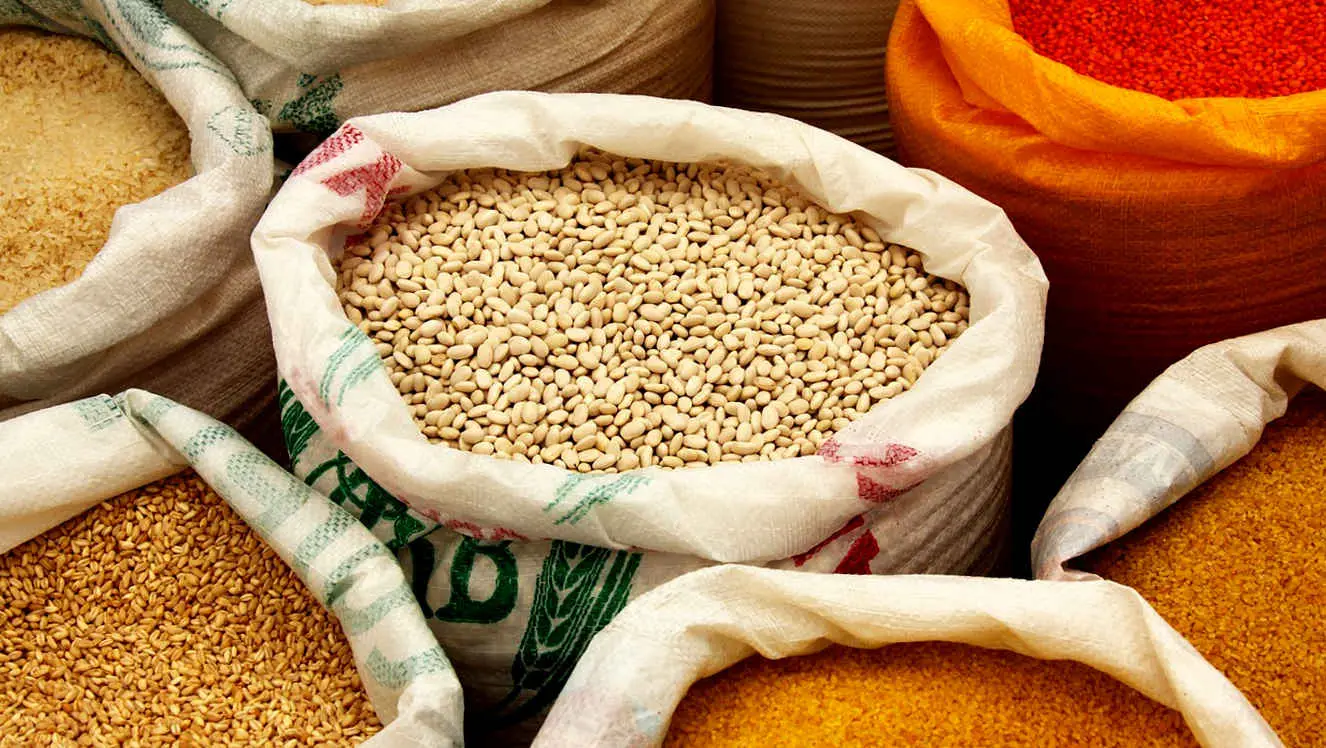Leeks Lysine and Arginine Info Sheet
Overview
Leeks are a type of onion that have a long, white stem and green leaves. They have a mild, sweet, and onion-like flavor. They are usually chopped and cooked in soups, stews, or salads.Leeks are a good source of vitamin K, vitamin C, manganese, and iron.
They are also rich in flavonoids, sulfur compounds, and prebiotics.
They may help lower cholesterol, blood pressure, and inflammation.
They may also support the immune system, gut health, and brain function.
| Name | Lysine (mg/100g) | Arginine (mg/100g) | Ratio |
|---|---|---|---|
| Leeks | 78mg | 78mg | 1 |
Leeks contains 78mg of Lysine and 78mg of Arginine per 100g of product.
This means Leeks has a neutral Lysine-Arginine ratio of 1.
Because Leeks has a neutral ratio of lysine and arginine, it does not have a significant impact on people who suffer from herpes, as it does not affect the viral activity.
Lysine Considerations
Leeks are a poor source of lysine, as they have very little protein.
Lysine is important for the synthesis of carnitine, a substance that helps transport fatty acids into the mitochondria for energy production.
It also helps prevent anxiety, depression, and stress.
Lysine has the potential to prevent or treat cold sores, which are blisters caused by the HSV-1 virus, also known as herpes.
Lysine operates by stunting the proliferation of HSV-1, which relies on another amino acid, arginine, to reproduce and infect cells.
Lysine can only be acquired through our diet, and is present in a variety of high-protein foods such as eggs, dairy, fish, meat and poultry.
Arginine Considerations
Leeks are also a poor source of arginine, as they have a low protein content.
Arginine is important for the synthesis of nitric oxide, a molecule that helps relax and widen blood vessels.
It also helps improve erectile function, wound healing, and immune function.
Arginine has multiple benefits for our overall health and performance, such as lowering blood pressure, enhancing wound healing, and increasing exercise endurance.
Arginine can also affect the herpes virus, which causes cold sores and genital herpes.
Studies suggest that arginine may help the virus grow and cause outbreaks, so people with herpes may want to avoid foods that are high in arginine or take lysine supplements to block its effects.
Lysine-Arginine Ratio
Leeks have a balanced lysine-arginine ratio, which means it does not affect the balance of these amino acids in the body.
However, since it has a low amount of both amino acids, it may not have a significant impact on health.
Both lysine and arginine play crucial roles in protein synthesis and other metabolic activities.
Interestingly, they have contrasting effects on the herpes simplex virus, which is responsible for cold sores and genital herpes.
Lysine can inhibit the virus's ability to replicate, while arginine can promote it.
Consequently, consuming foods with a high lysine to arginine ratio may help decrease the frequency and severity of herpes flare ups.
Foods with a high lysine-arginine ratio include dairy products products, fish, poultry, fruits, and vegetables.
These foods can supply the body with sufficient lysine to block the virus's absorption of arginine, thereby preventing its growth and spread.
Dietary Considerations
Most vegetables are scarce in in calories and a decent source of in vitamins, minerals, and antioxidants.
Many vegetables have more lysine than arginine, such as beets, turnips, tomatoes, soybean sprouts, potatoes, celery, sweet potatoes, squash, and green beans.
These vegetables can help prevent or treat herpes outbreaks, as lysine can suppress the herpes virus.
Other vegetables have more arginine than lysine, such as peas, carrots, broccoli, cauliflower, and mushrooms.
These vegetables can still be consumed in moderation, as they have other health benefits.
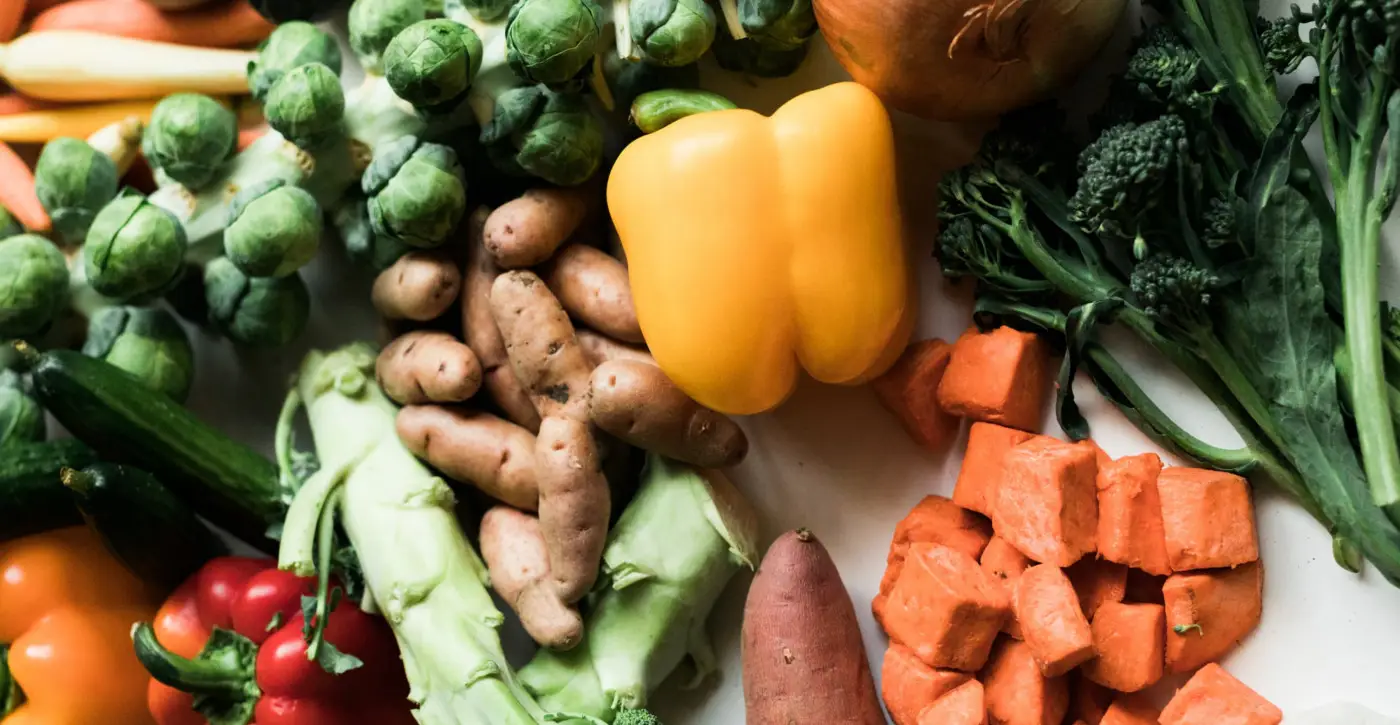
For example:
Eating a balanced and nutritious diet that supports your immune system and reduces inflammation.
This means consuming plenty of fruits, vegetables, whole grains, lean protein, and healthy fats, and avoiding processed foods, added sugars, alcohol, and caffeine.
Avoid alcoholic beverages and caffeine which can overstimulate your body, leave you dehydrated, and compromise your immune system.You may want to take l-lysine supplements.
L-lysine is known to prevent herpes outbreaks and it can help stop a cold sore in its initial stages by "starving" the virus of arginine before it has a chance to cause a cold sore.
Taking other food supplements that can improve your immunity and protect your cells from oxidative stress, such as vitamin C, zinc, selenium, and antioxidants.
Eating foods that can soothe your symptoms and speed up your healing process, such as honey, yogurt, aloe vera, and chamomile.
These foods have anti-inflammatory, antiviral, and antibacterial properties that can reduce pain, swelling, and itching, and promote tissue repair.
Check more food information
